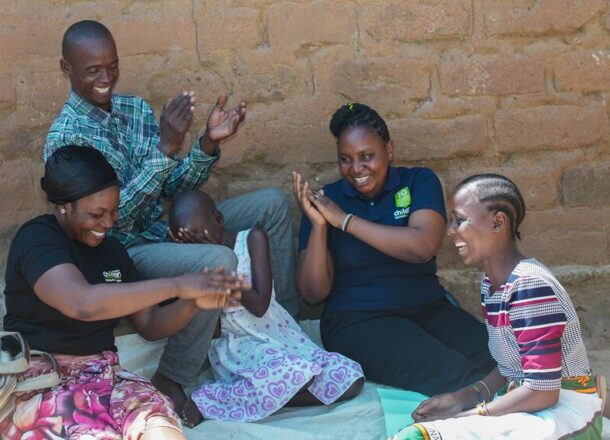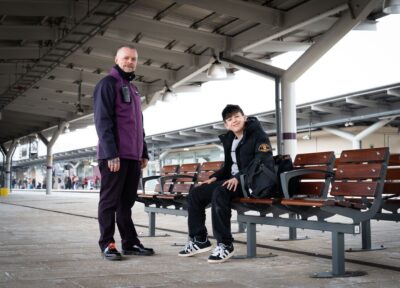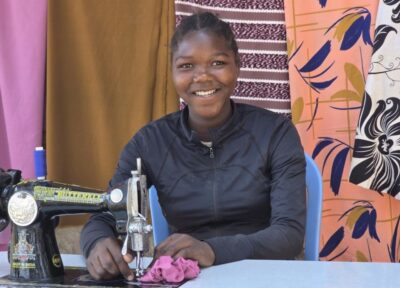How the Charter will help children surviving on the streets
Institutions can cause significant harm to a child’s development. We know the best place for a child is always within a family, whether it’s their own or an alternative family that can provide the love and care they need.
Supporting family reintegration over institutional care has always been a key principle of our work.
When a child has no option but to survive on the streets, we know that very often things have gone badly wrong at home. There are many reasons that drive family separation, including family breakdown, violence and abuse, and poverty.
Children in these situations end up living on the streets, being trapped in exploitative situations, or they end up in institutions.
That’s not good enough for us. So we work hard to reunite children with their families and support them to address whatever issues caused the separation in the first place.
But our first priority is for children to be safe and loved, so if issues at home are too challenging, we’ll find a relative or friend who can step in. We are proud that about a third of the families we support in Tanzania and many of those we support in India, are kinship carers.
Though this therapeutic and practical approach, we help ensure children feel safe, nurtured and supported as part of a family home.
We know that our family-first approach creates the best outcomes for children on the streets, and for all children having to survive outside of family care, including the millions of children in institutions across the world.
That’s why we are delighted to endorse the Global Charter.
Read more about our advocacy








